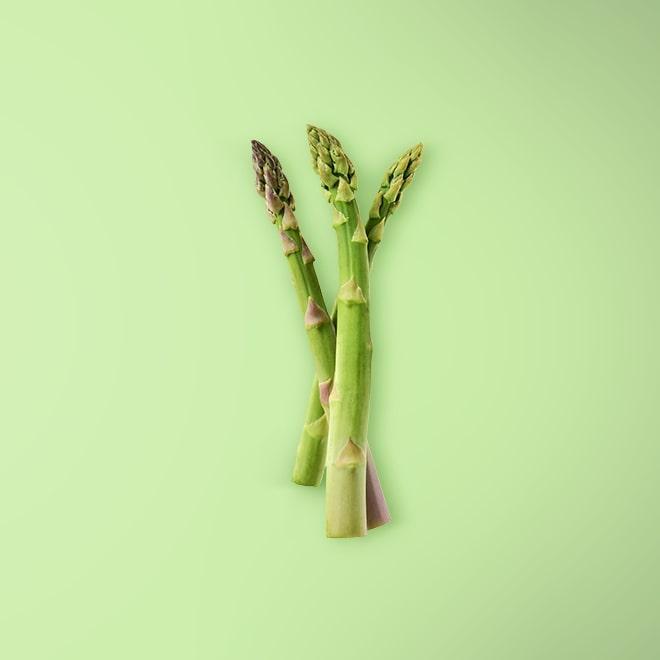Asparagus




Asparagus is a member of the lily family. It's tender and succulent features have been considered a delicacy since ancient times. It also contains a diverse amount of nutrients essential for the human body.
When selecting asparagus, look for brightly colored and smooth skinned stalks. Compact head and woody bottom usually indicate good quality as well.
For the best taste, eat asparagus right after they were harvested.
When kept in the fridge, asparagus can be saved up to one week. Firstly remove the rubber band or strings holding the bundle and if there is enough room put the stalks upright with their bottom wrapped in damp paper towels. Otherwise, just put them in the vegetable bin of the fridge.
There are three types of asparagus: white, purple, and green. White asparagus has a more delicate flavor. The purple asparagus has rather thick stalks and are commonly found in England and Italy. Lastly, the green asparagus is the most common and can be found in most grocery stores.
Eating asparagus before or after a night of heavy drinking can help soothe the hangover headaches.
Most people know asparagus can be boiled, steamed and roasted but did you know asparagus can also be served raw, sautéed and even deep fried.
To clean the asparagus, soak it in very cold water and remove the dirt. Once it’s clean cut off the woody ends of the asparagus. An option for the fine diners is to take a vegetable peeler and remove the tough skin on the thicker pieces.
One of the methods to prepare asparagus is to put them in boiling salted water, cook until tender and then add butter.
Another method is to roast them with olive oil, salt, and pepper for 15 to 20 minutes at 425º F.
Asparagus contains fibers, folates, chromium and vitamins A, C, E and K.
There’s also iron, calcium, phosphorus, magnesium, zinc, and potassium in asparagus.
Asparagus can lead to increased urination which helps the body get rid of excess salts. The amino acid asparagine is responsible for this diuretic effect.
Furthermore for the people who have to pay attention to fats and cholesterol, good news, asparagus contains neither of them.
Corrections or improvements? Email us at
content@sidechef.com